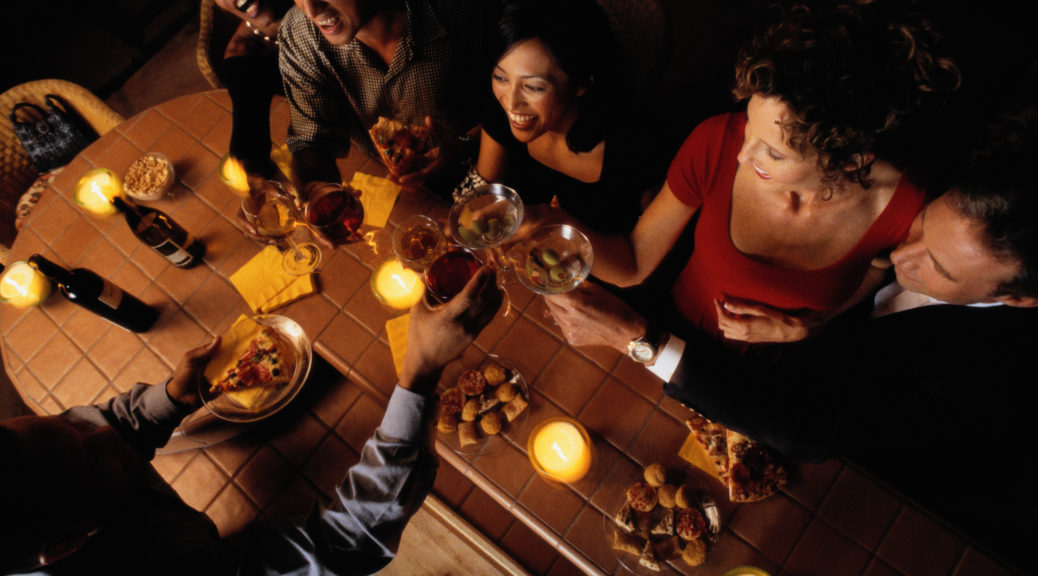Sales of Alcohol to Apparently Intoxicated Customers in Three States
Most states prohibit sales of alcohol to customers who are apparently intoxicated. Many states require training in responsible beverage service, with the aim of reducing driving while intoxicated (DWI) and other harms.
Klein Buendel scientists and staff, along with a research collaborator from the Pacific Institute for Research and Evaluation, assessed alcohol sales to apparently intoxicated patrons across three states. Their findings were published in the Journal of Studies on Alcohol and Drugs.
A sample of 180 establishments licensed for on-site alcohol sales was selected in California (n=60), New Mexico (n=60), and Washington state (n=60). The three states had different RBS training histories, content, and procedures. Research confederates, trained to feign cues of alcohol intoxication, visited each establishment twice. The pseudo-intoxicated patron ordered an alcoholic beverage while displaying intoxication cues. Sale of alcohol was the primary outcome.
At 179 establishments assessed, the pseudo-intoxicated patrons were served alcohol during 56.5% of 356 visits (35.6% of establishments served and 22.6% did not serve at both visits). Alcohol sales were less frequent in New Mexico (47.9%) and Washington state (49.6%) than in California (72.0%). Servers less consistently refused service at both visits in California (6.8%) than New Mexico (33.9%) or Washington (27.1%). Alcohol sales were higher when intoxication cues were less obvious.
Over-service of alcohol to apparently intoxicated customers was frequent and likely elevated risk of DWI and other harms. The lower sales in New Mexico and Washington than California may show that a policy approach prohibiting sales to intoxicated customers combined with well-established RBS training can reduce over-service. The authors concluded that further efforts are needed to reduce over-service of alcohol to intoxicated patrons.
This research was supported by a grant to Klein Buendel from the National Institute on Alcohol Abuse and Alcoholism (AA029364; W. Gill Woodall and David Buller, Multiple Principal Investigators). Collaborating authors include Dr. Robert Saltz from the Pacific Institute for Research and Evaluation in Berkley, California, Dr. Gary Cutter from the University of Alabama, and Ms. Lila Martinez, Ms. Annelise Small, and Mr. Noah Chirico from Klein Buendel.

